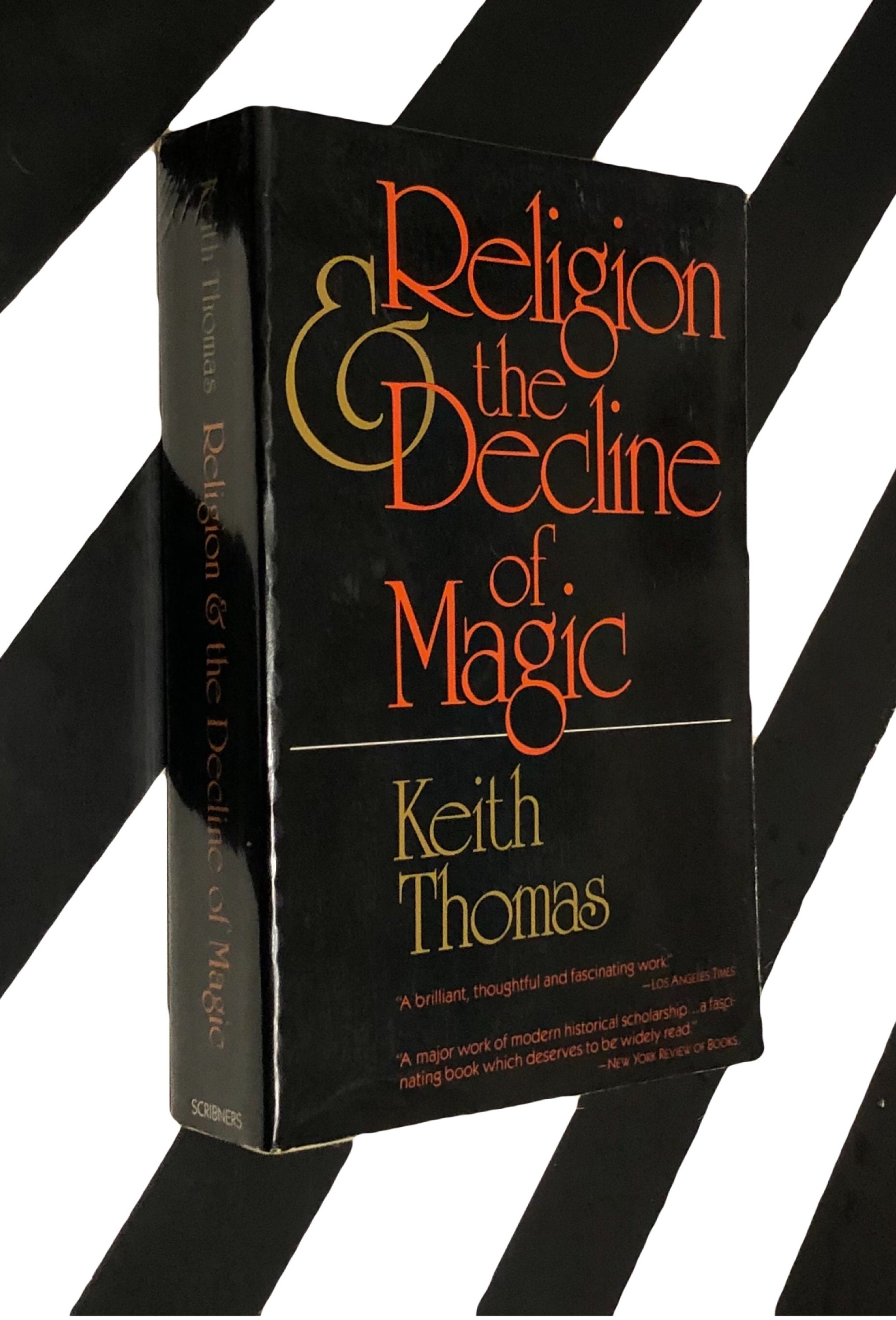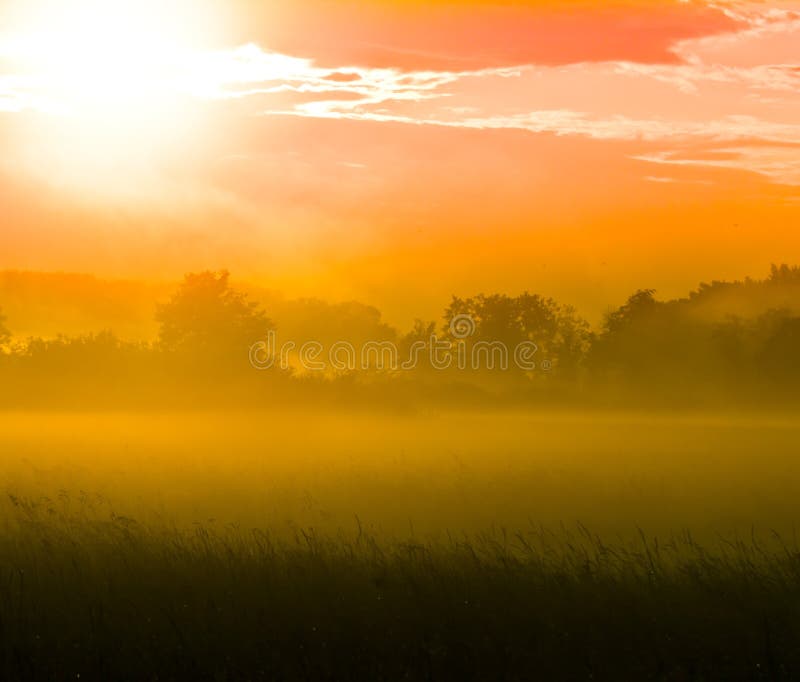

Arguments that notorious supernatural stories might be fraudulent, meanwhile, proved inconclusive.

Physicians explored medical explanations for supernatural phenomena but fell back on ancient physiological models that were no more scientific or modern in their evidentiary basis than magical beliefs. Hunter suggests that skepticism about magic was a matter of personal conviction rather than hard evidence.

Mistrust of this group’s religious credentials delayed the wider acceptance of antimagical ideas, but they became broadly influential around the second quarter of the eighteenth century. It was humanist freethinkers who spearheaded a skeptical approach to magic, expressing their ideas primarily in oral form from the second half of the seventeenth century. The Royal Society, credited from the eighteenth century with undermining belief in witchcraft and related phenomena, in fact maintained a studied silence on the topic of the supernatural because there was no consensus among its members. Hunter, however, argues that the decline of magic cannot be attributed to the rise of science. Thomas grounded the decline of magic in the Scientific Revolution, writing that the “triumph of the mechanical philosophy” marked “the end of the animistic conception of the universe which had constituted the basic rationale for magical thinking” (Thomas 1971: 644). Hunter posits that educated culture in the eighteenth century dismissed or marginalized magical ideas. Hunter’s book is not a scholarly endeavor on the same scale as Thomas’s colossal tome, but it explores the titular theme in a degree of detail that contrasts with Thomas’s broad-brush approach and does credit to progress in both knowledge and method over the last half-century. Almost fifty years on, Michael Hunter’s The Decline of Magic: Britain in the Enlightenment makes a brave attempt to rethink Thomas’s famous analysis of when and why skepticism about magic became widespread in English society. Keith Thomas’s magisterial Religion and the Decline of Magic: Studies in Popular Beliefs in Sixteenth and Seventeenth Century England (1971) marked the first serious attempt to formulate an academic history of magical beliefs and remains a mainstay of historiographical reviews on the early modern supernatural.


 0 kommentar(er)
0 kommentar(er)
